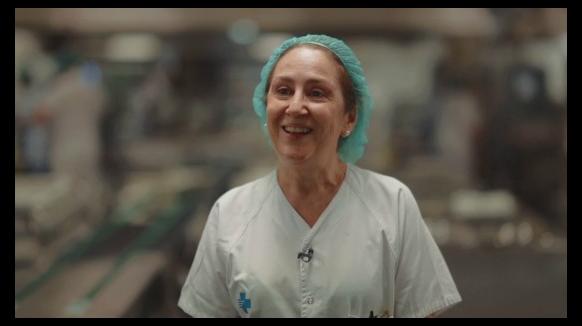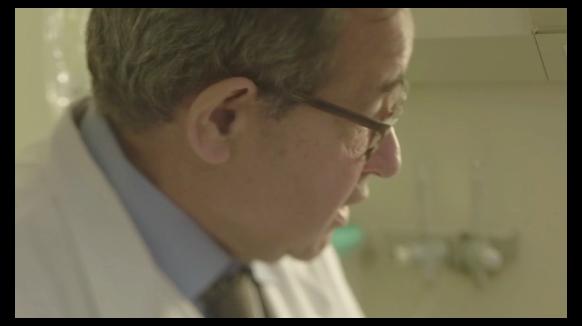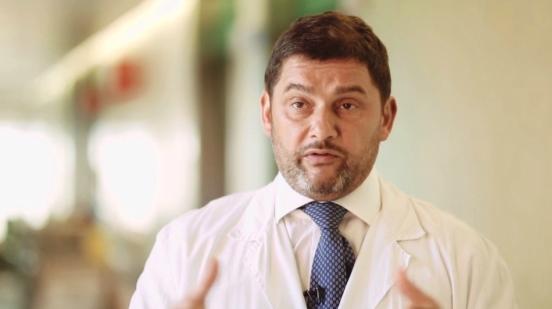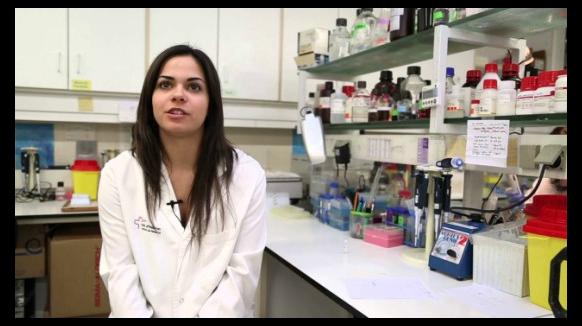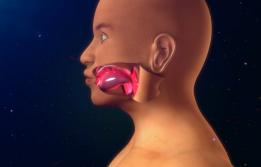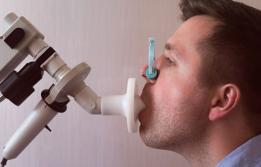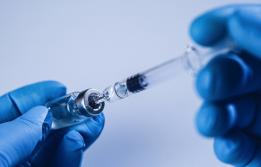Allergology
The Allergology Department treats patients with allergies, a very common pathology that now affects approximately one in four people.
Description
At the Allergology Department, our mission is to provide care for people with allergy-related diseases and to improve their quality of life, in accordance with their needs and wishes. The key to achieving this is comprehensive care. We work hard to provide faster, reliable diagnoses and offer personalised treatments.
Portfolio of services
The diseases that we treat in our Department include: respiratory allergies (asthma and rhinitis), food allergies, allergy to medications as well as skin diseases, such as hives, atopic dermatitis and contact dermatitis. Often, a patient can present more than one of these diseases or problems, meaning it is important that a single professional be able to assess them jointly.
We also deal with "rare" pathologies, mainly hereditary angioedema, which is a disorder that causes inflammation of the face and the respiratory tract, as well as abdominal cramps; systemic mastocytosis, which is a disease of the blood or haemopathy; eosinophilic oesophagitis, which is an inflammation of the oesophagus wall, and allergies to hymenoptera poisons (insects such as ants, bumble bees, wasps, and others).
At our Department, we work in accordance with the Health Department's Allergy Care Model. As a reference centre in our region, we provide care for complex allergy-related pathologies, which requires appropriate infrastructure to carry out diagnostic risk tests, such as tests for allergies to medication, foods, hymenoptera or occupational respiratory allergy, meaning allergies acquired at work. We also possess the necessary allergies laboratory, with specialist staff and equipment, in order to diagnose allergies.
Tests involving a certain level of risk are carried out at the Day Hospital, where the necessary resources are available to deal with any possible adverse reactions. These tests are mainly used to diagnose allergies to medication.




